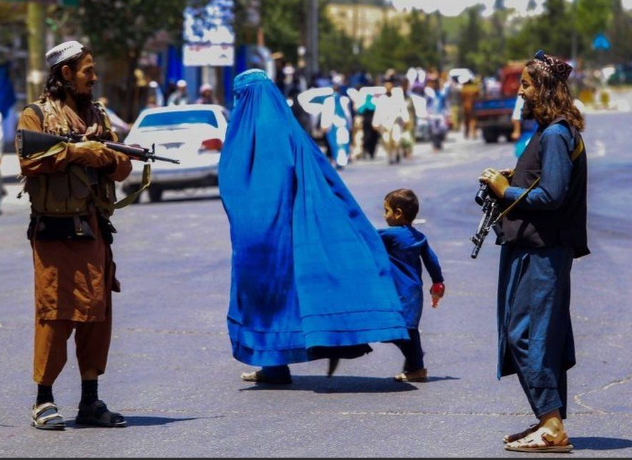Afghanistan Marks Third Anniversary of Taliban’s Return to Power

Afghanistan’s rulers celebrate the anniversary of their return to power amid a worsening humanitarian crisis
The T.aliban marked three years in power with a military parade in Bagram, the former U.S. airbase, showcasing their homemade bombs, Soviet-era tanks, and fighter aircraft. The event drew Chinese and Iranian diplomats, alongside hundreds of attendees, as the Taliban celebrated their takeover of Kabul on August 15, 2021, after the collapse of the U.S.-backed government.
The anniversary, observed a day earlier on the Afghan calendar, highlights the ongoing international isolation of the Taliban regime, which is not recognized by any other state. Key issues, including severe restrictions on women’s rights, have been condemned as “gender apartheid” by the United Nations.
Prime Minister Mohammad Hassan Akhund, who was represented by his chief of staff at the parade, praised the Taliban’s triumph over “Western occupiers” and underscored the government’s commitment to maintaining Islamic rule and protecting Afghan lives and property.
As the Taliban continues to consolidate power, they have focused on security and implementing laws based on their strict interpretation of Islam. Rugby player Samiullah Akmal expressed optimism, stating, “As a young man, I see Afghanistan’s future as bright… We are independent and the people surrounding us are our own.”
Despite the end of 40 years of continuous conflict, many Afghans are grappling with a stagnant economy and worsening humanitarian crisis.
Some of the citizens have voiced out: “The past three years have been some of the worst of our lives. I don’t see the security the Taliban talks about. People are hungry, youth are jobless, and both girls and boys face an uncertain future.”
Efforts to revive the economy have been hampered by international non-recognition of the Taliban as the legitimate government and stringent financial restrictions. The Taliban inherited a bankrupt economy heavily reliant on foreign aid and noted that the U.S. has seized Afghanistan’s national bank’s foreign reserves.
International NGOs have highlighted a critical aid funding gap, with 23.7 million people in need of humanitarian assistance. Meanwhile, women continue to face severe restrictions, being excluded from many jobs, public spaces, and barred from secondary and higher education.
